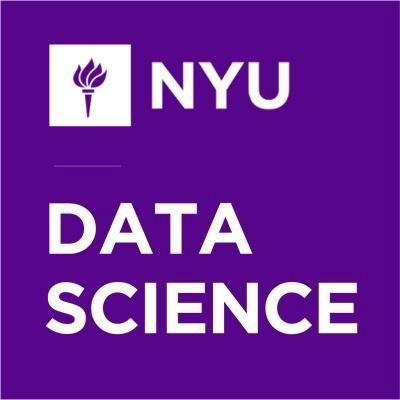Checking in
8. Checking in#
A well-timed intermission is more than a great chance for the theater to sell concessions and merchandise. It can also give theater-goers a chance to reflect on what they’ve seen so far, discuss it with their friends and fellow audience members, and get excited for what’s to come. By now we’ve met the main characters, learned a bit about their motivations and shortcomings, and set the stage for a tension or challenge to unfold in the second half.
While this book is not quite (yet!) a Broadway musical, we consider this chapter to be where an intermission might go. If you’re reading the book as part of our course, it’s also likely midterm exam time, and thus another naturally moment for pausing in addition to the clearly brilliant storytelling instincts that are also motivating this narrative arc.
You can think of the first half of this book as the building blocks for the second half. We have introduced key foundational ideas in three areas that are at the heart of data science: statistics, programming, and substantive expertise. In the case of the latter, because this book is not specifically geared towards any one discipline, our focus within the world of substantive expertise has been largely on reasoning and making inferences – how we translate the world into data science, and then how we translate it back out. This generally requires substantive expertise – being able to identify challenges to inference, such as selection bias, confounders, and issues with validity – generally increases with our domain knowledge (though note that this is not a guarantee, and sometimes our domain knowledge can limit our ability to see other possibilities, which is one of the many reasons it’s generally a good practice to share your work with fresh perspectives as well).
Going forward, we will begin to weave the three building blocks together to start to really better understand, explain, and even predict things we care about in the world. This means at this stage, the better you understand the material in the previous chapters, the better off you’ll be. If there are components you currently feel a bit uneasy about, i.e., coding, statistics, inference, or all of the above, it’s worth taking a pause now in your work to review and practice with the previous chapters.

Fig. 8.1 Image source: City of Vancouver Archives#

